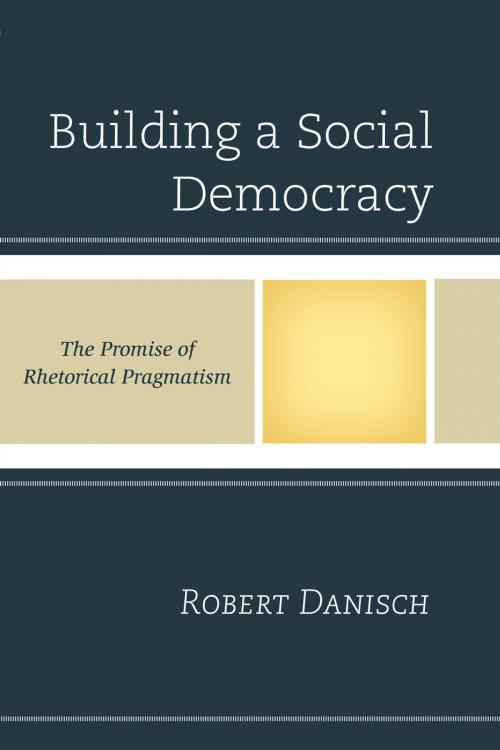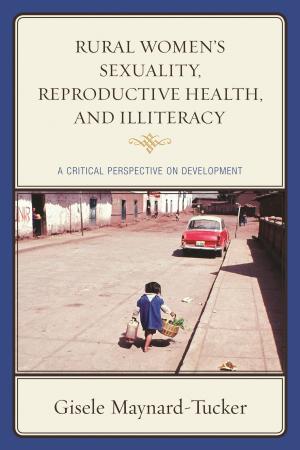Building a Social Democracy
The Promise of Rhetorical Pragmatism
Nonfiction, Religion & Spirituality, Philosophy, Pragmatism, Reference & Language, Language Arts, Public Speaking, Rhetoric, Social & Cultural Studies, Political Science, Government, Democracy| Author: | Robert Danisch | ISBN: | 9781498517782 |
| Publisher: | Lexington Books | Publication: | November 6, 2015 |
| Imprint: | Lexington Books | Language: | English |
| Author: | Robert Danisch |
| ISBN: | 9781498517782 |
| Publisher: | Lexington Books |
| Publication: | November 6, 2015 |
| Imprint: | Lexington Books |
| Language: | English |
Building a Social Democracy offers an alternative intellectual history of American pragmatism, one that tries to reclaim the middle of the twentieth century in order to push neo-pragmatism beyond its philosophical limitations. Danisch argues that the major entailment of the invention of American pragmatism at the beginning of the twentieth century is that rhetorical practices are the rightful object of study and means of improving democratic life. Pragmatism entails a commitment to rhetoric. Rhetorical pragmatism is intended to be more faithful to the project of first generation pragmatism, to offer insight into the ways in which rhetoric operates in contemporary democratic cultures, to recommend practices, methods, and modes of action for improving contemporary democratic cultures, and to subordinate philosophy to rhetoric by reimagining appropriate ways for pragmatist scholarship and social research to advance.
Building a Social Democracy offers an alternative intellectual history of American pragmatism, one that tries to reclaim the middle of the twentieth century in order to push neo-pragmatism beyond its philosophical limitations. Danisch argues that the major entailment of the invention of American pragmatism at the beginning of the twentieth century is that rhetorical practices are the rightful object of study and means of improving democratic life. Pragmatism entails a commitment to rhetoric. Rhetorical pragmatism is intended to be more faithful to the project of first generation pragmatism, to offer insight into the ways in which rhetoric operates in contemporary democratic cultures, to recommend practices, methods, and modes of action for improving contemporary democratic cultures, and to subordinate philosophy to rhetoric by reimagining appropriate ways for pragmatist scholarship and social research to advance.















